People have always wandered in search of meaning. But moving with intention isn't simply about following a pilgrim’s path to a sacred site, or mindfully taking steps as we notice our breath. Sometimes, the most transformative journeys are the ones we begin with no particular destination in mind.
The intentions that guide our wandering can lead us to profound self-discovery. They can also open a door to deeper connection with the cultures that connect us, the more-than-human communities of nature, and the awe-inspiring mysteries of the universe.
The trail we make by walking is filled with unexpected encounters and transformation if we approach it with an open heart and mind.
My unwinding path
My own experience of wandering started with a simple inquiry: What does it mean for me to live well?
At the point I began to take that inquiry seriously, my life certainly looked good. I had a solid job, a comfortable home and a thriving social life. I had taken the raw materials of my existence and made something meaningful. But still, I felt a deep ache in my soul for something more.
As my teenage son was preparing to leave home, I realised it was time for me to leave too. Over the six months before he went to university, I quit my job, sold and gave away almost everything I owned, and returned the keys to my rented flat. Slowly but surely, I unwound everything that attached me to the life I had led. I set out with only a handful of essential belongings. I had no idea what might happen next.
Determined to slip out of ordinary time, I stopped writing the date in my journal. Instead, I counted days. Day 1 of my wandering took me to the temporary holding of a friend's sofa. On day 21, I slept in the driving rain and penetrating wind of a Welsh mountainside. Over the days that followed, my path led me to many extraordinary places, some that made my soul sing. I counted 1,000 days until I realised my time of wandering had ended.
Many tales of adventure are steeped in the unspoken privilege of safety nets, plentiful resources and the possibility of a gentle return. I began with little except the seeds of questions I did not yet know how to ask. I stripped my life back to the barest essentials so I could sustain myself until something new emerged. Wandering meant dismantling the practicalities of my life. It also demanded that I unlearn everything I thought I knew.
The purpose of wandering
Wandering is often characterised as aimless. But for me, wandering forced a shift of focus. Rather than expending energy on the attainment of goals, I placed the highest value on learning from the path itself. And as I wandered, the rhythm of my feet led me to a new question. How can I find my purpose in the service of life?
What question are you carrying that is worth risking everything to answer? Perhaps your question comes to you in your dreams, in quiet moments of reflection, in the dissatisfying construction of everyday meaning. When you encounter it, it can feel overwhelming and it is tempting to brush it aside. But how long dare you ignore it, if you know one day it may simply force its way to centre stage and demand your answer?
I felt the urgency of the question I carried. My wandering was, perhaps, a perilous approach to finding the answer. To an untrained observer, I looked like I had lost my mind. In quiet moments, I feared this was true. But despite the difficulties, I'm grateful that I spent time with my question.
Wandering taught me that the answer to any question is as much made as found. In truth, it is answered in the asking of it. As I learned to collaborate with mystery, I realised that simply giving space and time to an unanswered question can reshape a life.
The practice of wandering
Wandering with intention is a dance between focus and freedom. And while my wandering lasted almost three years, I think that mystery can meet anyone on even the shortest walk. An afternoon ramble can be a journey of the soul.
One essential element of the practice of wandering is to pay attention to moments not miles. Whenever I walk, I value experience over distance. If my intention is to slow down and meet the world through my senses, I open myself to profound moments of encounter on the path.
Walking to a waymarked destination is safe and predictable. Wandering offers a way to welcome the unexpected and be surprised by new perspectives. The intention that guides wandering acts as a compass, providing direction and purpose without the constraints of a particular goal.
At its best, wandering with intention is a catalyst for wonder. If we are attuned to the potential for magic in every step, intention reveals the extraordinary within the ordinary.
Walking without goals
Intentions are not goals.
The philosophy of goal setting has influenced every area of life, but its simplicity is founded on a lie. Setting a goal imagines a world that is predictable and a path that can be predetermined. But deep down, I think all of us know that life is complicated. Even the simplest goals are often derailed by events beyond our control.
For me, the essential difference between goals and intentions lies in their focus. Goals are about the endpoint. Intentions are about the process. In the context of walking, the goal might be a landmark on the horizon, the accumulating total of a step counter, or the loss of stubborn kilos of extra weight. An intention for walking sets a direction and defines a way of moving forward, but leaves open the possibility of surprise and course correction along the way.
Goals are finite and limited. If we are able to achieve a goal, we immediately need to set another. Intentions, in contrast, are generative and inherently self-renewing. A journey towards something will always be an ongoing process of learning and growth. And intentions themselves evolve and change in response to the path you walk.
Intentions encourage flexibility and adaptability. Being set on achieving a particular goal can foster determined focus, but it can also lead to stubborn rigidity. How often are goals abandoned in the face of obstacles? In contrast, intentions welcome obstacles as invitations to find another way.
Goals presume we already know the answers. Intentions encourage us to love the questions themselves.
The magic of intention
Embracing the spirit of wandering in everyday life begins with setting intentions for the path ahead.
To let go of the restriction and rigidity of goal setting, it can be helpful to approach intentions with questions. What are you seeking? How can you make a trail towards wonder, encounter, transformation or a deeper experience of the world? What might be your first steps along this path?
Years before I left home to wander, I experimented with using simple words to shape my exploration. This week, while spring cleaning, I found five magical sticks onto which I had written some intentions I carried with me: beginning, silence, threshold, drift, welcome.
These words guided me. I focused on the beginning of each journey, rather than its destination. I sought out quiet places and cultivated silence in myself. I looked for thresholds to cross, seeking experiences beyond my rational understanding. I let myself drift, responding to the energetic currents of the universe. And I carried a spirit of welcome, opening myself to whatever the world had to offer me.
Having centred myself on these intentions, I wrapped the sticks in cloth and tied them with a cord. The bundle of intentions travelled with me for several years until, one day, I sensed that their magic was done. Unwrapping them was an opportunity to look back and see how far they had carried me.
Starting to wander
If you are feeling the call to wander and embrace the mystery of the unwinding path, you can begin today. Dismantling your entire life may not be necessary.
Here are some simple first steps:
Walk with an inquiry. As with the bundle of sticks I carried, choose a question or theme to direct your attention. Hold a word in your mind, or write it on a scrap of paper folded in your pocket. Let its magic guide your steps.
Walk in the belief that the universe is alive and capable of speaking to you. Immerse yourself in rich sensory experiences, like the sharp tang of seasalt air or the soft, yielding moss of a forest floor. Give yourself to the earth with respectful humility. In return, it may illuminate the intentions you carry.
Focus on moments not miles. Distance is less important than discovery. You will never be the first person to set foot in a place, but you will have many experiences of discovering yourself in a place for the first time.
Embrace the possibility of getting lost. Wandering without a specific goal in mind means you might step off the path and into a wider landscape of mystery. Take your first steps carefully, but become bolder in your exploration as your confidence and capability grows.
Finally, regularly use a journal to capture your reflections. Start with what you observe in the world, and notice how you respond. Let your imagination wander and write without editing yourself. Gems of realisation can often emerge as you recognise patterns over time.
Wandering together
So much of my wandering was a search for answers I alone could find, and I think this may be true for all of us. But none of us need to travel alone. I'd love Pilgrimagic to be a welcoming place where wanderers can make connections and share experiences.
Have you ever stumbled on profound insights by letting go of a fixed plan? What intentions might you carry with you on your next walk? How are you cultivating a sense of wonder in the ordinary moments of your day?
If you're reading on Substack or the Pilgrimagic website, you can share your reflections in the comments below. Or feel free to email me directly. Your insights enrich our community and help us all find purpose on the path.
And may your next steps, wherever they lead you, be filled with the unfolding discoveries of wandering with intention.





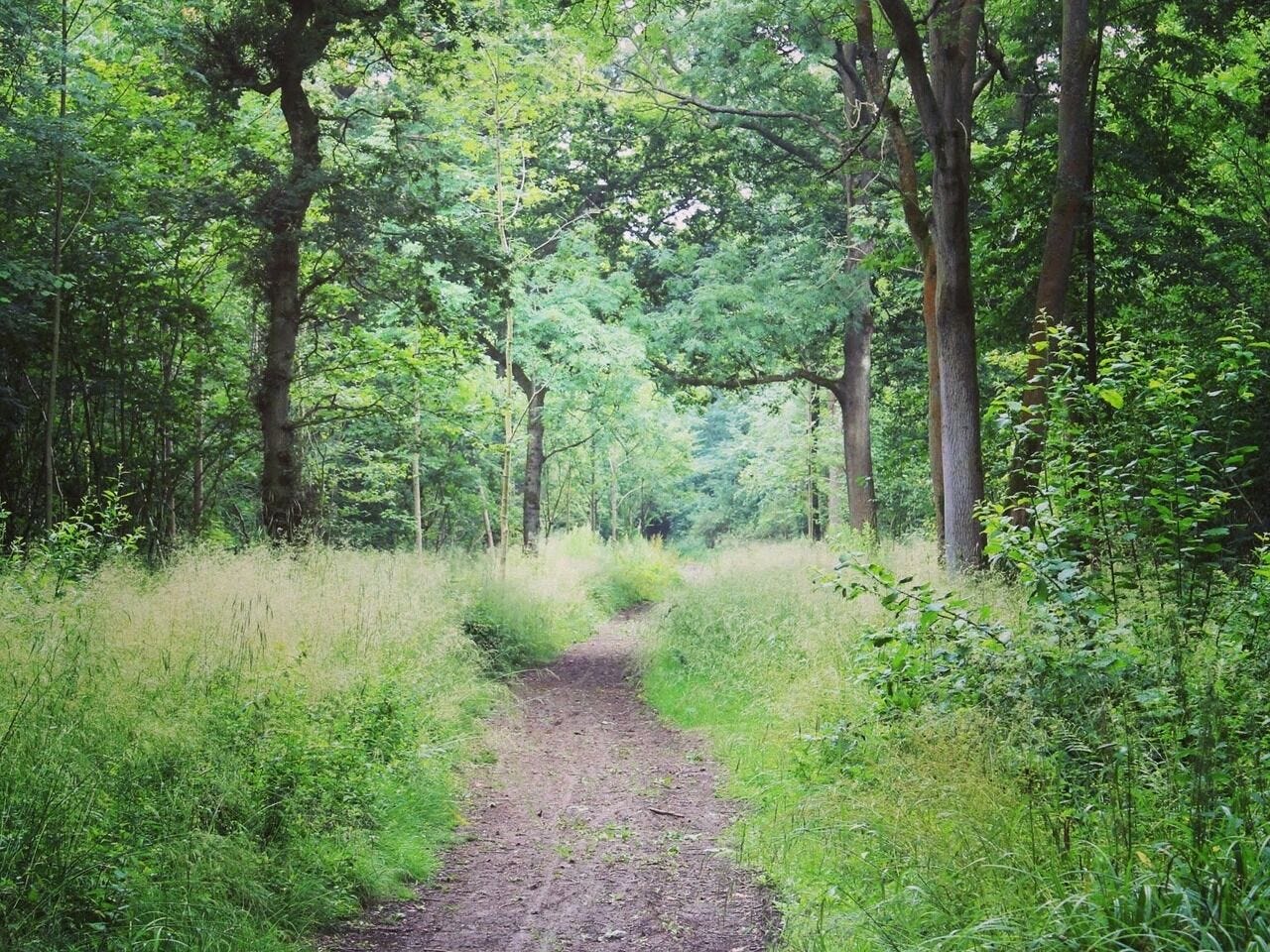
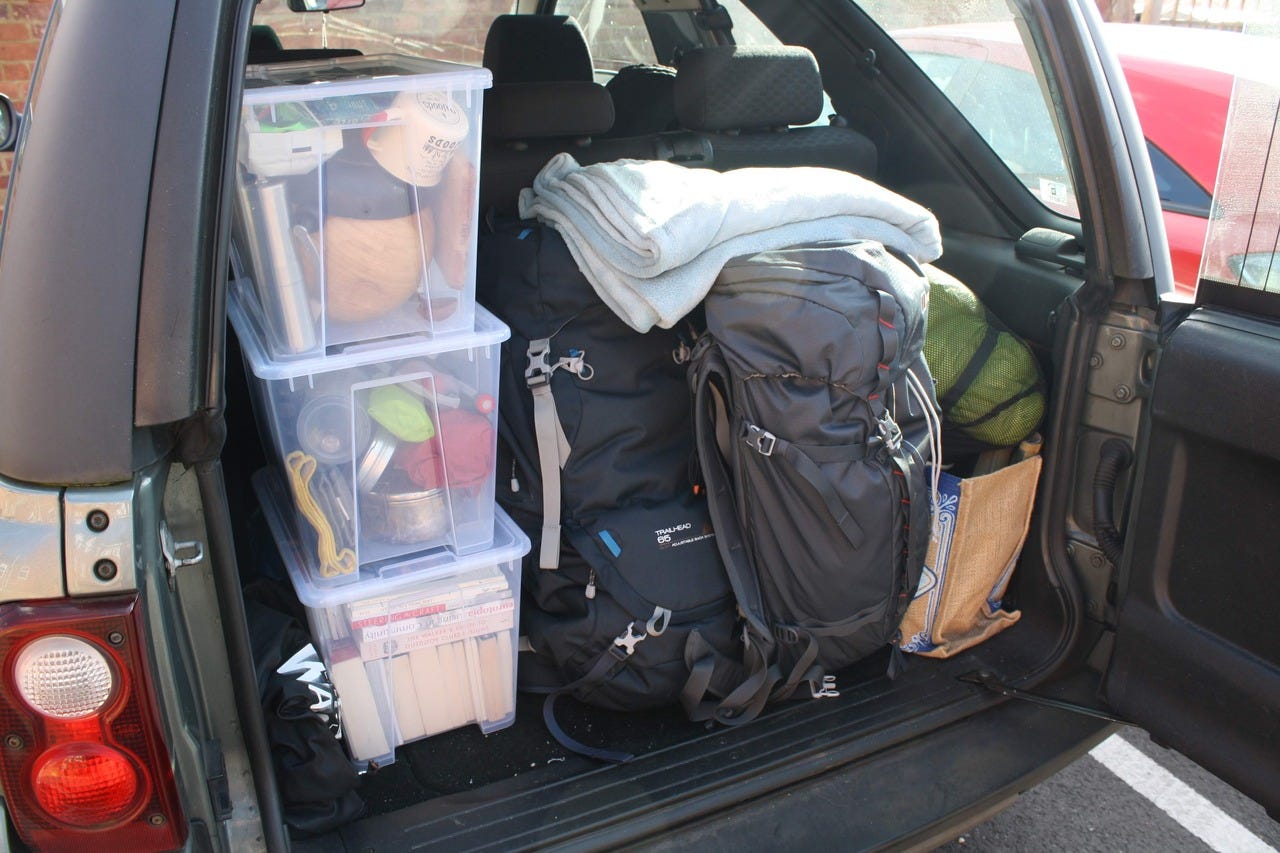
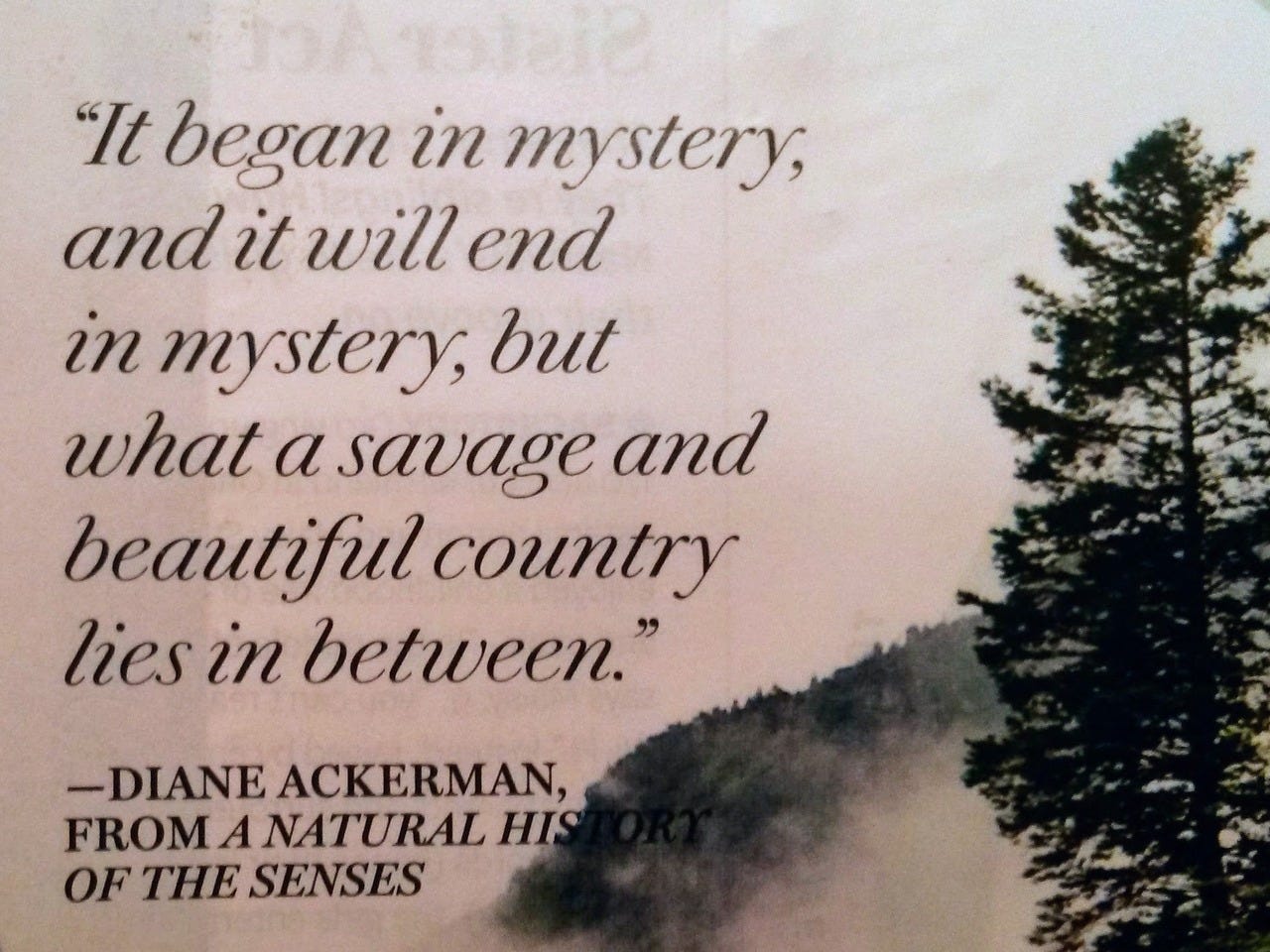
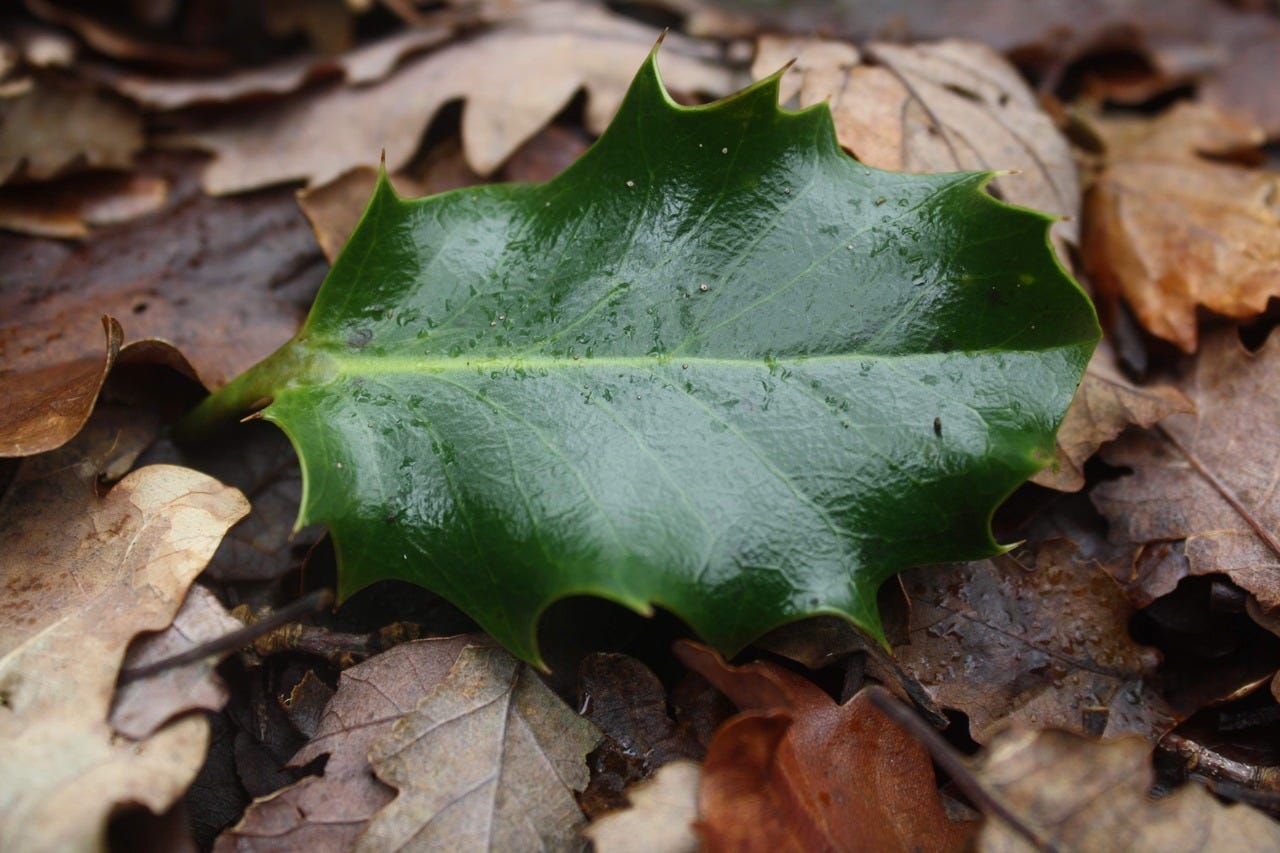
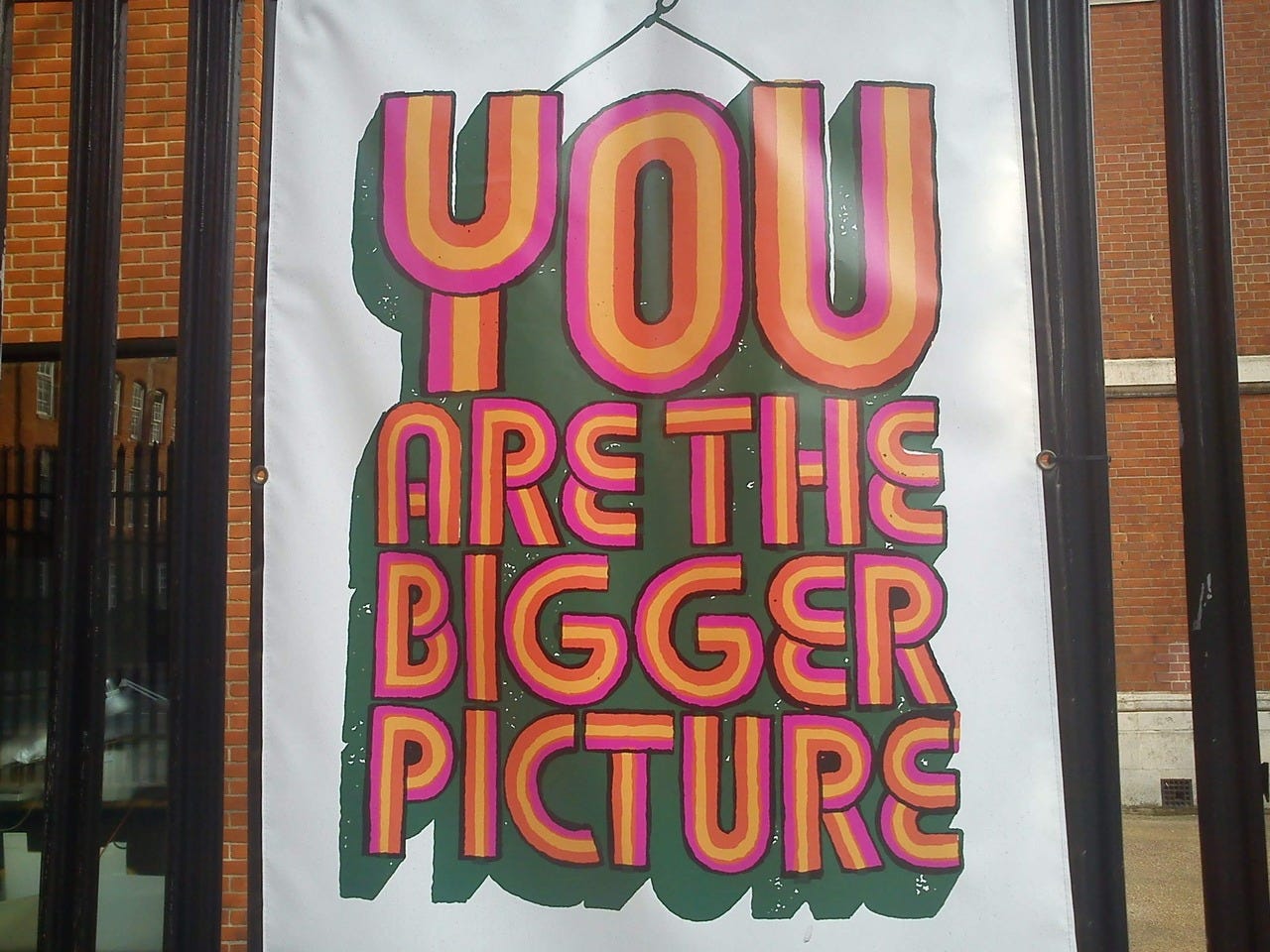


What a wonderful piece! I know these sentiments well—the medicine that comes from allowing yourself to follow your heart into the great wide world. I do feel another walkabout coming on…
This is beautiful thank you for sharing it ☺️